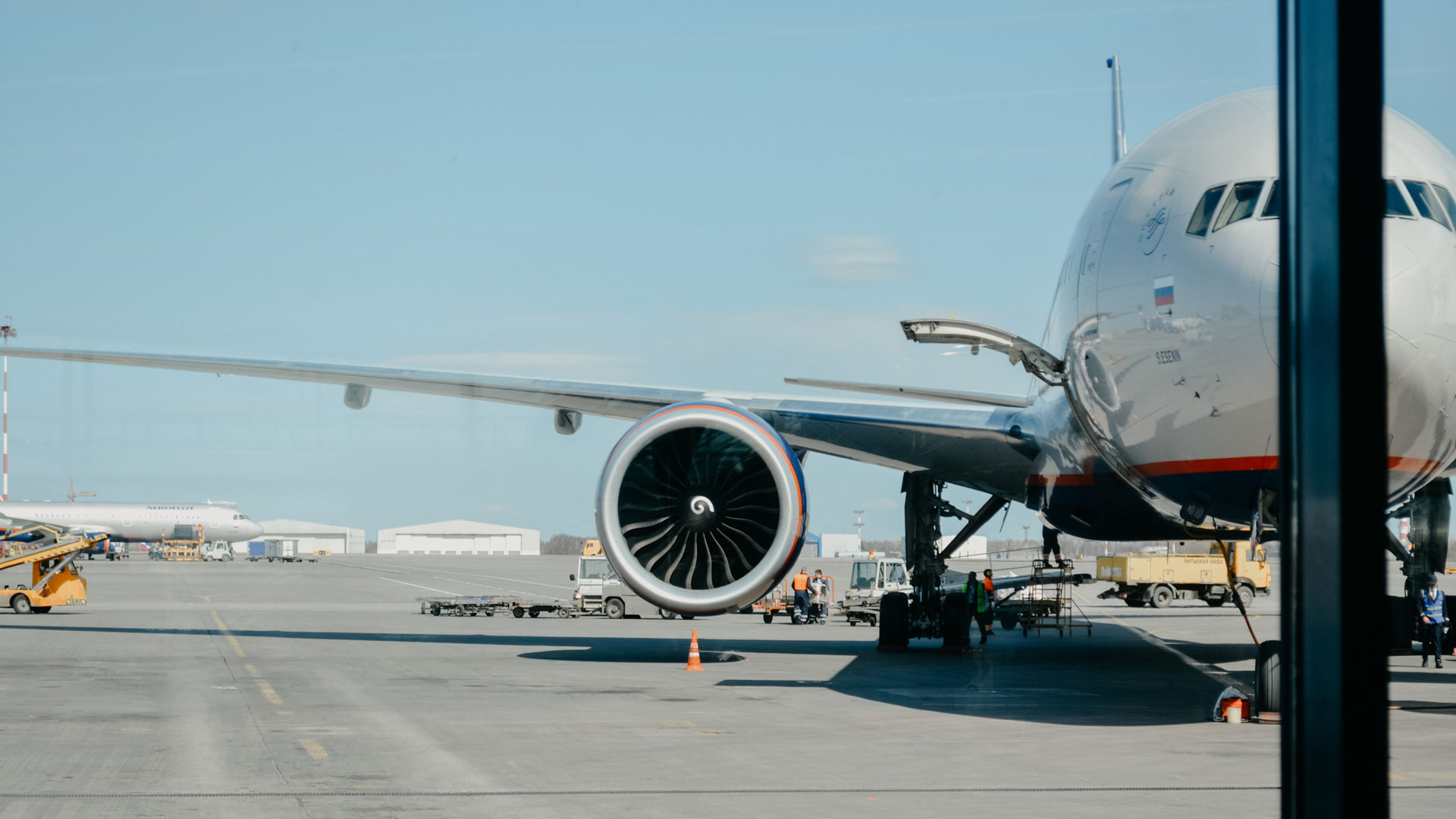This weekend, the Russian aviation authority, Rosaviatsia, recommended that all Russian airlines suspend international flights in a bid to reduce the risk of leased aircraft being retained abroad and Russian civilians being unable to return home. Aeroflot announced that it was suspended all foreign flights from March 8.
“Aeroflot informs about a temporary suspension of all international flights starting 8 March (00:00 MSK) due to new additional circumstances impeding the operation of flights. International services scheduled by Rossiya Airlines and Aurora Airlines (flights within the range of SU5400-5799 and SU5950-6999) will also be suspended,” Aeroflot confirmed in a statement.
S7 Airlines has already cancelled all international flights from March 5. All UK airlines are banned from using Russian airspace, while Russian aircraft are banned from the UK airspace. The various actions has resulted in some interesting log-haul flight patterns for international carriers, with many journeys being extended by several hours – many journeys have been rerouted via the Middle East or Alaska. Alaska’s Anchorage Airport, a refuelling hub used frequently during the Cold War, is reported to have received inquiries from airlines as international routes prepare for disruption, Reuters reports.
Meanwhile, the price of oil continues to rise – spiking to $139 a barrel today as statements swirl on the US and allies extending sanctions on Russian oil and gas. Analysts are chalking up the cost to companies if oil prices hit $200 a barrel, which is not inconceivable in the short-term as the conflict continues to rage. Airlines that are able to do so have increase fuel surcharges already but with the additional flight times for re-routed flights, more international services may well be cancelled, or at the least become much more expensive.
Cowen analysts were predicting March to be a profitable month for US airlines but now expects them to cancel guidance to take stock of the full impact of the conflict and rising costs. Fares remain below 2019 levels notes the investment bank even though costs are now well above the 2019 level – despite the discrepancy, analysts notes it will take four months for ticket prices to catch up with fuel prices. Four months seems a long time away in such a volatile market.

